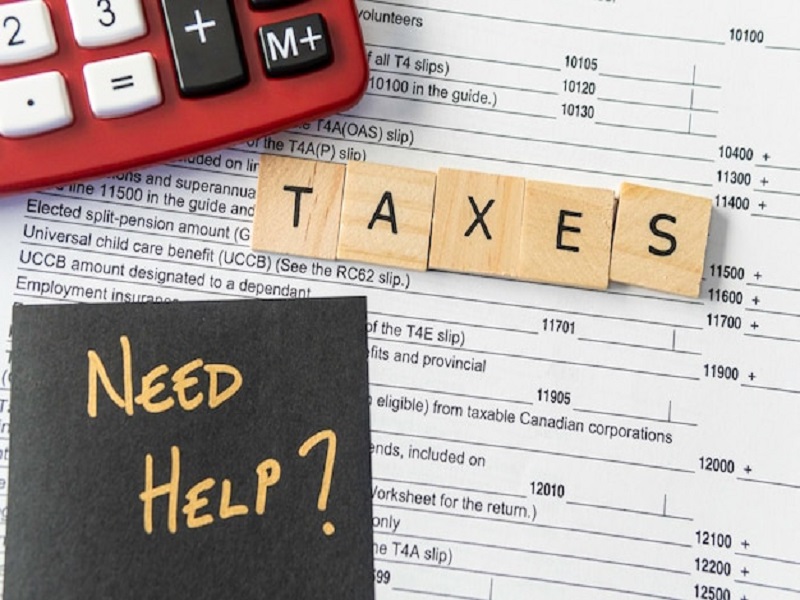Navigating the Maze: Understanding Tax Deductions for Small Businesses
03 June 2024

Tax season can be a daunting time for small business owners. Amidst the hustle and bustle of running your business, the intricacies of tax deductions can often feel like a maze, with countless twists and turns to navigate. However, understanding and leveraging tax deductions can be a powerful tool for reducing your tax liability and keeping more money in your pocket. In this guide, we'll unravel the complexities of tax deductions, empowering you to make informed decisions that benefit your business's bottom line.
Commonly Claimed Deductions
Let's start with some of the most commonly claimed deductions for small businesses. Business expenses, such as office supplies, utilities, and marketing costs, are often deductible. These expenses are essential for the operation of your business and can be deducted in full or in part, depending on their nature and use.
If you operate your business from a home office, you may be eligible for the home office deduction. This deduction allows you to deduct a portion of your home-related expenses, such as rent, mortgage interest, utilities, and property taxes, based on the percentage of your home used for business purposes.
Contributions to retirement accounts, such as a Simplified Employee Pension (SEP) IRA or a Solo 401(k), are also deductible for self-employed individuals. By saving for retirement while reducing your taxable income, you can secure your financial future while lowering your tax bill.
Lesser-Known Deductions
In addition to these commonly claimed deductions, there are several lesser-known deductions that small business owners may overlook. The Qualified Business Income Deduction (QBI), introduced as part of the Tax Cuts and Jobs Act, allows eligible businesses to deduct up to 20% of their qualified business income. This deduction can result in significant tax savings for eligible businesses, but navigating the complex rules and limitations requires careful planning and consideration.
The Section 179 deduction is another valuable tax break for small businesses. This deduction allows you to deduct the full cost of qualifying asset purchases, such as equipment and machinery, in the year they are placed in service, rather than depreciating the cost over time. By taking advantage of the Section 179 deduction, you can accelerate your tax savings and reinvest in your business's growth.
Maximizing Your Deductions
To maximize your deductions and minimize your tax liability, it's essential to keep accurate records of your business expenses and consult with a qualified tax professional. By staying organized and proactive throughout the year, you can identify opportunities for deductions and implement tax-saving strategies that benefit your business.
In conclusion, understanding tax deductions is key to navigating the maze of small business taxes. By familiarizing yourself with commonly claimed deductions, exploring lesser-known tax breaks, and leveraging deductions to your advantage, you can optimize your tax position and keep more of your hard-earned money. With careful planning and strategic decision-making, you can navigate the complexities of small business taxes with confidence and clarity.